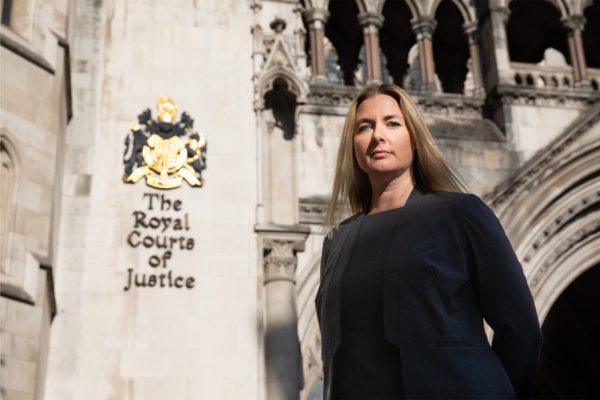
The Law Firm with a Passion for People

A different type of law firm
We’re often told that our approach to clients is what makes us different. Instead of being loud about who we are and what we do, we’ve been focused on building services that solve our clients’ problems and help them get to where they want to be.
Our clients trust us. We help them not only be compliant with the law but to run commercially successful operations. We’re with families and individuals for the moments that matter; helping protect their wealth now and for the future.
We are the law firm with a passion for people.
Sector expertise
Our nationally-renowned sector teams combine industry insight and expertise with sound legal advice.


We can help with

We can help with

We can help with
Sector expertise
Our nationally-renowned sector teams combine industry insight and expertise with sound legal advice.


We can help with




We can help with


We can help with

Tackling the UK Skills Shortage
The UK’s workplace, and its workforce, has been through a revolution. For many, it’s for the better. But the challenges that have come with this new normal – from staff retention to managing remote workers – are significant. And when people are your biggest asset, but what they want is changing, you need to change with them.
Future Workspaces is our ongoing mission to help UK employers on this new frontier. In our insights report we present the Skills Shortage position and three solutions for tackling the issues in your business. We also include three downloadable tools – a template for conducting a skills audit, an exit interview questionnaire, and a workplace culture analysis tool.
Services
As an award-winning Top 60 UK law firm we provide the full range of services that you would expect, to organisations, business leaders and individuals.
For Businesses
Useful resources for better business and personal success
Downloads
Events

Your Property Matters – Cheltenham
HCR Cheltenham
Join us at our Your Property Matters event in Cheltenham, we will share valuable insights and real-life case studies.
View event
HCR Hewitsons Annual Reception
The Fitzwilliam Museum, Cambridge
By invitation only at the Fitzwilliam Museum, Cambridge Join us for drinks and canapes in the Founder’s Galleries, for an exclusive viewing of the museum’s latest display of famous artworks. Arrivals from 6.30pm. View classic and contemporary art by renowned artists including Picasso, Monet, Gwen John, Henri Matisse, Dante Gabriel Rosetti and many more.
View event
Monthly legal drop-in surgery for SPVS members
Teams
Join our team as we host a monthly legal surgery for members of the Society for Practising Veterinary Surgeons (SPVS).
View event












